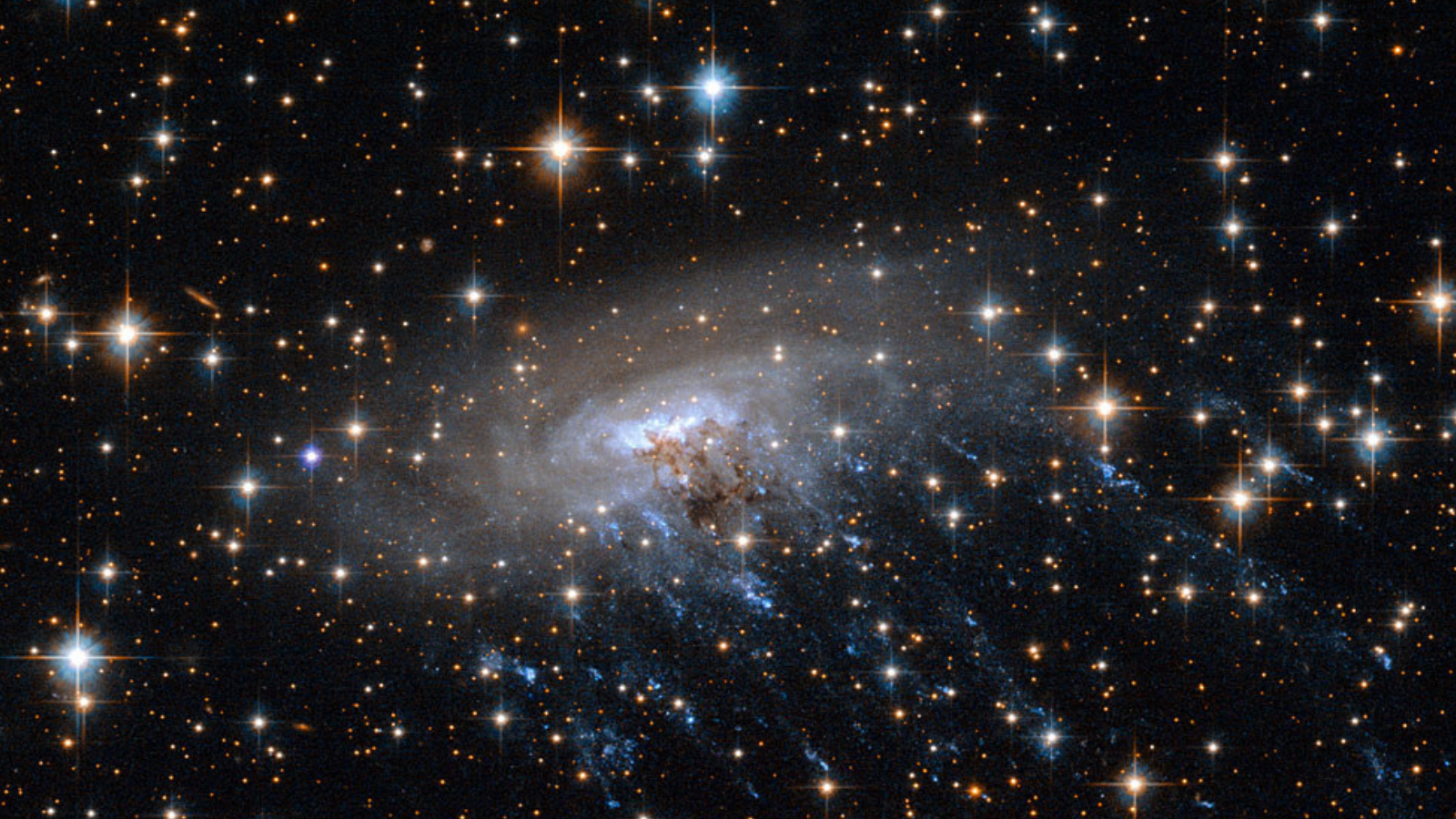Definition Debate: Planets May Soon Get Adjectives
Breaking space news, the latest updates on rocket launches, skywatching events and more!
You are now subscribed
Your newsletter sign-up was successful
Want to add more newsletters?

Delivered daily
Daily Newsletter
Breaking space news, the latest updates on rocket launches, skywatching events and more!

Once a month
Watch This Space
Sign up to our monthly entertainment newsletter to keep up with all our coverage of the latest sci-fi and space movies, tv shows, games and books.

Once a week
Night Sky This Week
Discover this week's must-see night sky events, moon phases, and stunning astrophotos. Sign up for our skywatching newsletter and explore the universe with us!

Twice a month
Strange New Words
Space.com's Sci-Fi Reader's Club. Read a sci-fi short story every month and join a virtual community of fellow science fiction fans!
An international group of astronomers trying to define the term planet may be finally nearing a decision, but a consensus is unlikely.
If a decision is soon rendered as expected, with or without consensus, the result will be less of a definition, however, and more a string of qualifying adjectives.
The upshot: Astronomers will likely continue using the term planet, or they might switch to planetary mass object. And either way, they will put other terms in front of it to define each type, such as gas giant, terrestrial, asteroidal and perhaps even traditional or historic.
In the end, the phrase nine planets will almost surely be relegated to the history books.
The challenge
The effort has been ongoing for several years, as new sorts of objects in the solar system and beyond have rendered the traditional idea of planet useless to astronomers and confusing for the public.
The announcement in July of a world larger than Pluto orbiting our Sun out beyond Neptune brought discussions to a head. A 19-member working group within the International Astronomical Union has been scrambling ever since to reach consensus, but to no avail.
Breaking space news, the latest updates on rocket launches, skywatching events and more!
The main sticking point: If Pluto is a planet, then so is 2003 UB313, the object discovered in July. But by that logic, there are several other round objects nearly as big as Pluto that should be considered planets, some astronomers say.
The compromise currently being floated by the working group is to add an adjective in front of the term planet for each different type of non-stellar round object.
Pluto and 2003 UB313 could be called Trans-Neptunian objects. Earth would be called either a terrestrial planet or perhaps a "cisjovian" planet, meaning it's inside Jupiter.
Further complicating the matter are extrasolar planets much more massive then Jupiter, planet-like objects orbiting dead stars called pulsars, and possibly even free-floating worlds that don't orbit stars.
No consensus
Today, a news article in the journal Nature states that the working group has come up with the adjective-adding solution and may forward the final proposal to the IAU Executive Committee within two weeks.
If that's to be the case, then the group's chairman, Iwan Williams of Queen Mary, University of London, will likely have to act without consensus.
"Every time we think some of us are reaching a consensus, then somebody says something to show very clearly that we're not," said Brian Marsden, a member of the group and leader of the Minor Planet Center where newfound objects are catalogued.
Today Marsden told SPACE.com that it's not clear if a consensus will be reached soon. "I thought maybe we were close," he said, "but just yesterday somebody [in the group] insisted we define planet."
That's the very effort that's gone mostly in circles for many months, however.
Nonetheless, a subcommittee within the working group was formed and is supposed to report back Friday. Marsden calls the effort "not helpful" because "it's quite clear we weren't going to agree on a meaning for the word planet."
Adjective problems, too
Even the sorts of adjectives that might be used is not totally agreed upon. The terms Trans-Neptunian and cisjovian are based on location, not composition.
"I don't believe we should classify planetary objects by location," committee member Alan Stern of the Southwest Research Institute told Nature. "We should use properties of the objects as a guide."
Group member Alan Boss said there is a majority that agrees with the adjective plan and "a minority that's still upset."
Boss, a planet-formation theorist at the Carnegie Institution of Washington, sees the whole affair as a positive one for science. "We know so much more now" about the types of objects that are out there, Boss said in a telephone interview today, that even though a consensus is unlikely, the act of expanding the classification system is a healthy one.
Even if the proposal is soon forwarded to the IAU Executive Council, that body might then conduct its own debate, Boss said.

Rob has been producing internet content since the mid-1990s. He was a writer, editor and Director of Site Operations at Space.com starting in 1999. He served as Managing Editor of LiveScience since its launch in 2004. He then oversaw news operations for the Space.com's then-parent company TechMediaNetwork's growing suite of technology, science and business news sites. Prior to joining the company, Rob was an editor at The Star-Ledger in New Jersey. He has a journalism degree from Humboldt State University in California, is an author and also writes for Medium.
